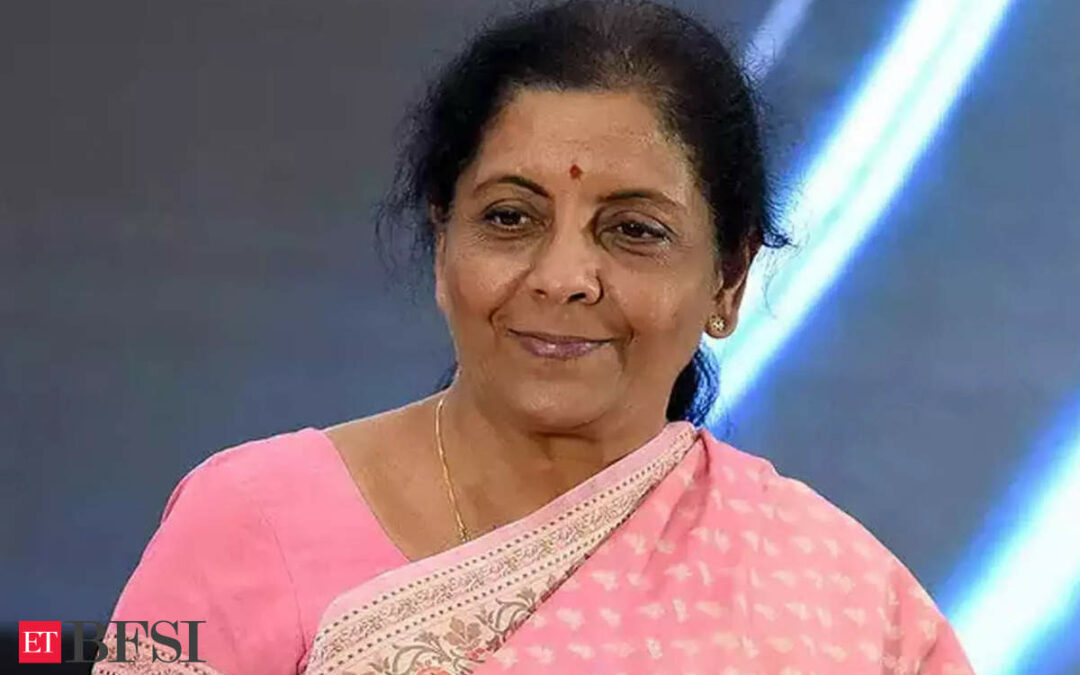Finance minister Nirmala Sitharaman on Monday said the government is simultaneously “pushing all levers” to sustain the current high growth rate, and the country’s economic prospects for this fiscal have been recognised by multilateral bodies like the International Monetary Fund (IMF) and the World Bank.
India, the minister said, can be a leader in Industrial Revolution 4.0, which is guided by artificial intelligence (AI), machine learning and Big Data & Analytics, thanks to its large young population.
Sitharaman was speaking at an event at St Teresa’s College in Ernakulam, Kerala, her office said in a post on X (formerly Twitter).
Both the IMF and the World Bank have predicted that India will remain the world’s fastest-growing major economy in the current fiscal and the next.
The International Monetary Fund has forecast India’s growth rates for 2024-25 and 2025-26 at 7% and 6.5%, respectively, more than double the global averages.
The World Bank last week raised its growth forecast for the country to 7% for the current fiscal, up from its April estimate of 6.6%. The country grew at a faster-than-expected pace of 8.2% last fiscal.
As for Industrial Revolution 4.0, Sitharaman said: “It’s largely led by the young minds (that are) spending a lot of time in research & innovation. That’s why India can be a leader in it because our youth is very talented and is using innovations to create out-of-the-box solutions.”
“Our aspirations are high and we want to achieve what the other countries could not achieve,” she added.
Sitharaman said the PM Internship Scheme is aimed at bridging the employability gap in students, especially from the economically weaker sections of society.
“In a prospective employee, the companies are looking for something more than just a suitable degree or qualification so that they don’t have to spend months to train them on the job,” she said.
Under this scheme, 39 companies from the top 500 in India have given 1,800 internship offers in Kerala.
Financial education, the minister said, needs to be imparted from childhood and “we should not wait for them to become adults to understand how to handle their money”.










